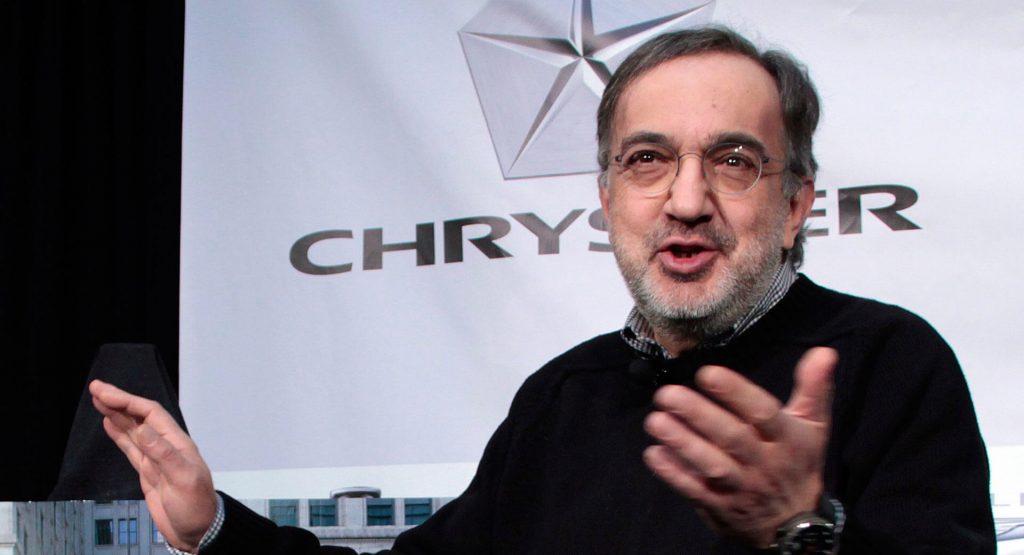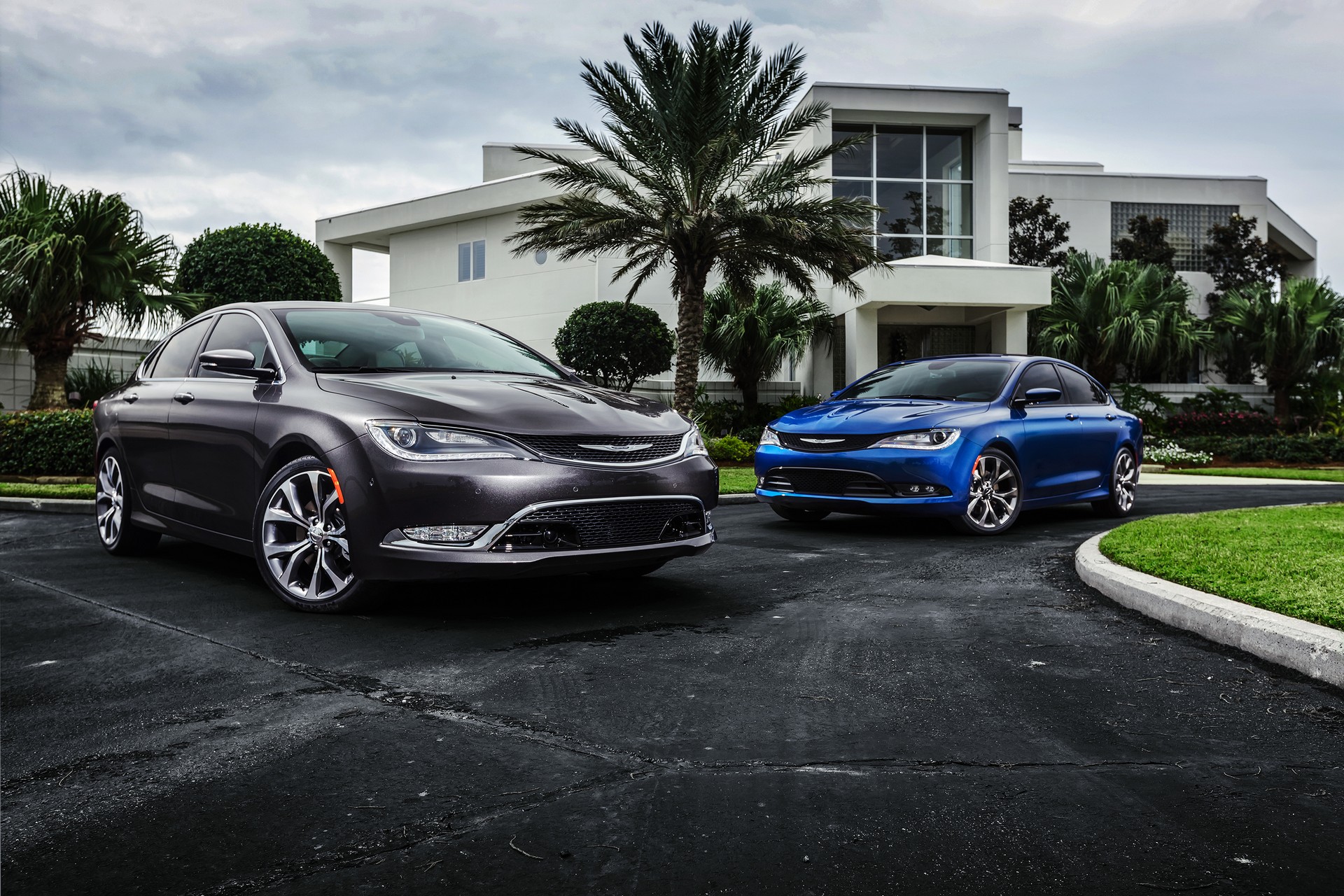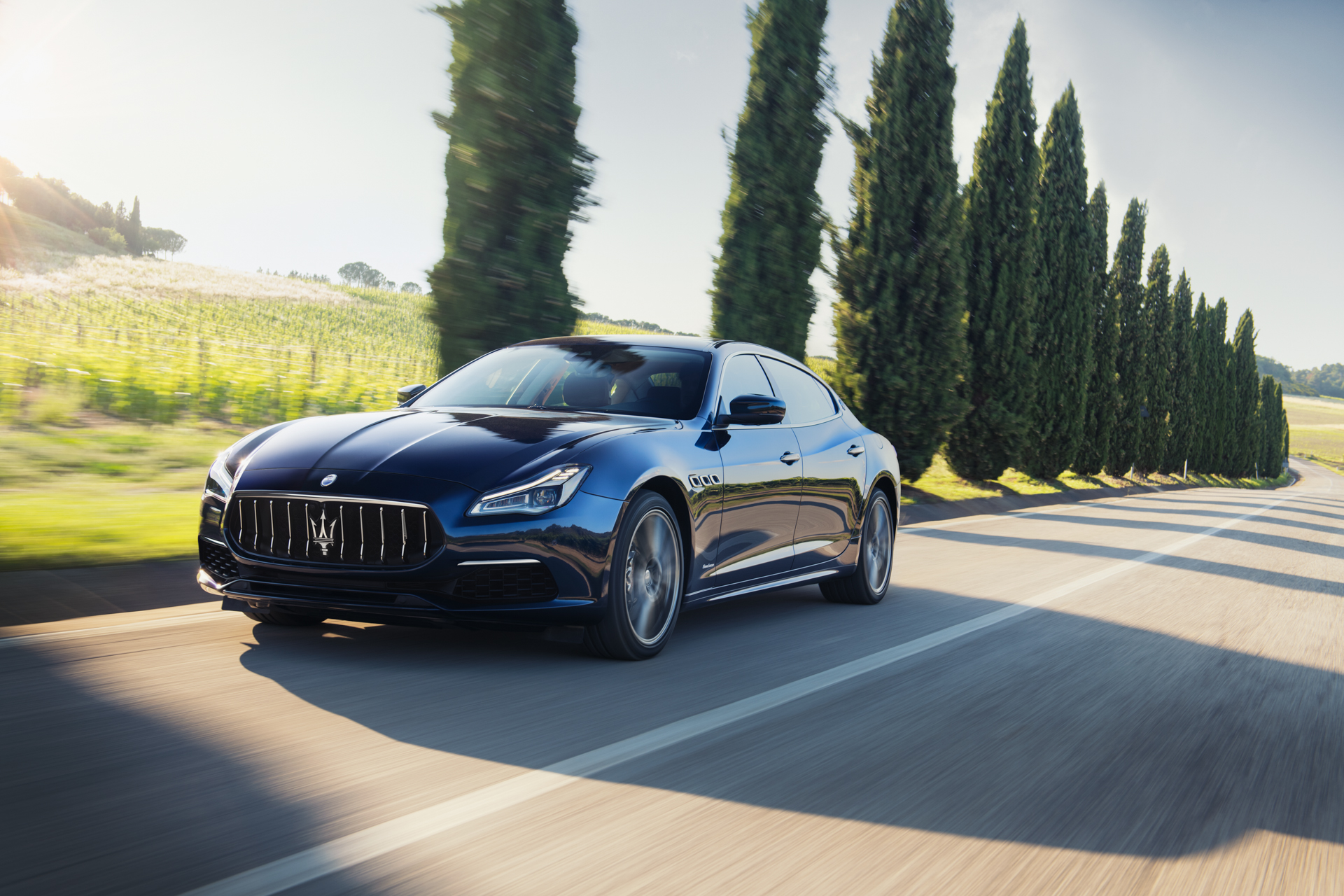Sergio Marchionne has been the face of Fiat Chrysler Automobiles since the beginning and his unexpected departure and death continues to leave the automotive industry in a state of shock.
The news is tragic and Marchionne left this world far to soon. However, he has already cemented a legacy that will continue for years to come.
While Marchionne would become synonymous with FCA, he started his automotive career at Fiat in 2003 when he was appointed to the company’s Board of Directors. One year later, he became Fiat CEO.
Marchionne gained international attention following the bankruptcy of Chrysler which had a string of owners in the preceding years including Daimler and Cerberus Capital Management. Fiat took a 20% stake in the American automaker and Marchionne was named its CEO in 2009.
Following his appointment, Marchionne took action to fix some of the company’s more glaring issues including subpar quality and woeful interiors. This didn’t happen overnight, and some of the improvements were already in the works, but there’s no denying that Jeep and Ram flourished under Marchionne’s leadership.
Perhaps one of Marchionne’s boldest moves came in 2016, when he announced the Chrysler 200 and Dodge Dart would be phased out. At the time, he said consumer interest in crossovers was now seen as a “permanent shift in demand” and noted low gas prices were expected to continue into the foreseeable future.
While gas prices have climbed since the announcement, Marchionne was spot on about the consumer shift towards crossovers. The decision to eliminate the 200 and Dart as well as other cars in the pipeline – including the entry-level Chrysler 100 and Dart SRT – allowed the company to spend its limited resources elsewhere.
A lot of the money went to Jeep, which has launched a string of successful products including the Compass, Renegade and Wrangler. The brand’s importance to FCA’s bottom line is abundantly clear as Jeep sales in the United States have climbed from 231,701 units in 2009 to 828,522 units last year.
Marchionne’s bet on trucks and crossovers can also been seen in Ford’s decision to follow suit. It was a calculated risk and it appears to have paid off.
Of course, not everything Marchionne did was quite as successful. The decision to bring Fiat to the United States was undoubtedly a mistake as sales peaked at 46,121 units in 2014. Last year, the brand only sold 26,492 vehicles in America.
Marchionne and Fiat Chrysler Automobiles were also derided for over promising and under delivering. The company’s five year plans were full of new models, but only a fraction actually arrived in showrooms. Those that did, tended to be significantly delayed.
FCA’s effort to revive neglected brands has also been hit or miss as Alfa Romeo still has a long way to go if it wants to challenge market leaders such as BMW and Mercedes. However, the company has launched the Giulia and Stelvio and has plans for an assortment of new models by the end of 2022.
Maserati, on the other hand, has experienced massive growth thanks to new and redesigned vehicles such as the Ghibli, Quattroporte and Levante. Sales have started to weaken recently, but the new products have transformed the company from a niche automaker to a legitimate luxury brand.
While Marchionne has passed, his legacy will continue to influence the company for years to come. This means new roles for Chrysler and Dodge as the former will become a people mover brand, while the latter will be focused on performance.
Marchionne leaves FCA is relatively good place as the former executive was preparing to retire next year and made efforts to ensure the automaker was on solid financial standing when this occurred. During the company’s Capital Markets day event, the executive traded in his trademark sweater for a tie to announce the automaker would be debt free by the end of June.
The decision to focus on eliminating debt undoubtedly played a role in the slow roll out of new products, but it put FCA in a strong position for the future. Unfortunately, its one that Marchionne will never to get to see.











